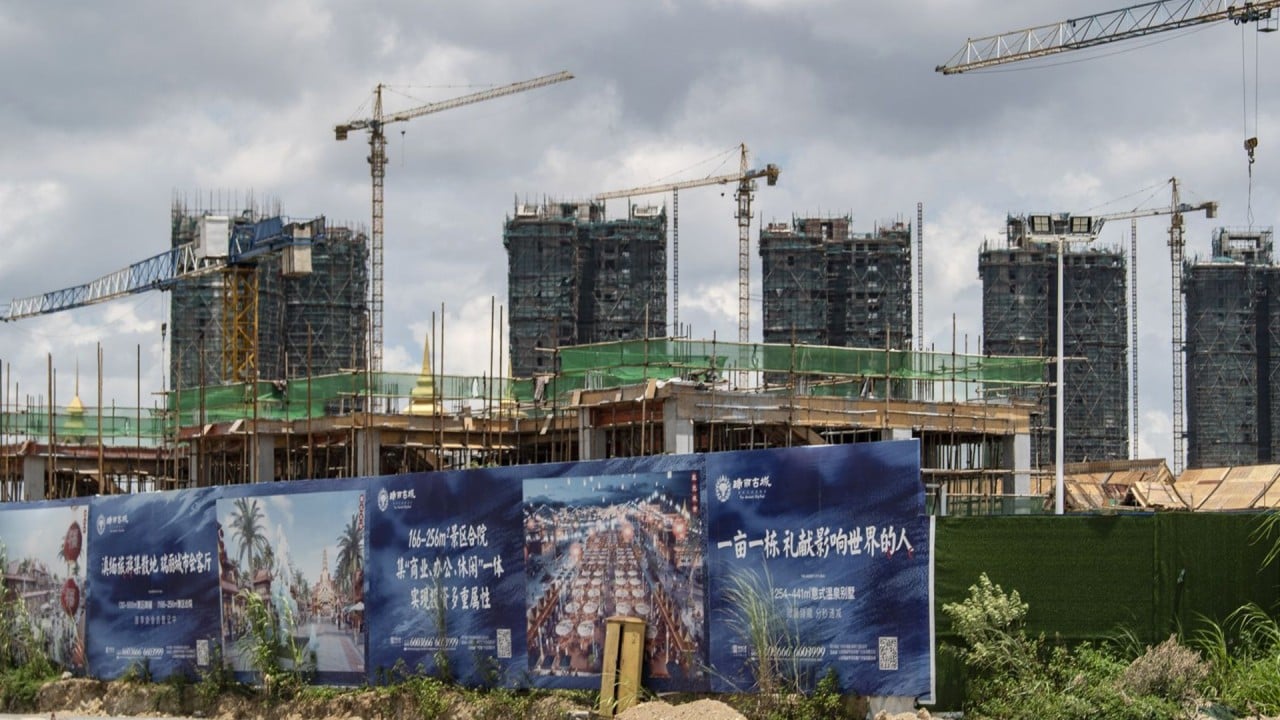
China property crisis: Kaisa aims to resume shares trading in March after publishing delayed audit
- The developer said its Hong Kong-listed shares could resume trading after almost a year of suspension prompted by its failure to publish 2021 accounts
- Kaisa has said it is working on a restructuring plan for its US$12 billion of offshore debt with its financial adviser and creditors
The cash-strapped Chinese property developer said in a statement on Monday that it is now finalising the audit of the results for 2021 as well as those for the first half of 2022. The auditor has also started reviewing the results for the whole of 2022.
“The company will strive to fulfil all the conditions and resume trading in its shares in March 2023,” Kaisa Group said in the statement.
Its stock price has been frozen at HK$0.84 since April last year, having lost two thirds of its market value.
Kaisa has said it is working on a restructuring plan for its US$12 billion of offshore debt with its financial adviser and creditors, who include holders of the US dollar denominated senior notes that it issued.
This month, Hong Kong investment firm Oasis Capital Management sued Kaisa for failing to pay US$90 million on four bonds and US$12.3 million in interest. The US$90 million worth of unsecured notes matured in 2022.
Kaisa has pledged to monitor the progress of its project delivery and to control administrative costs and capital expenditure to stay afloat. It is the second-largest issuer of offshore bonds among Chinese developers after China Evergrande, and it became the first developer to default on dollar debt in 2015.
Who will take on China’s biggest economic challenges?
It has been on a selling spree to raise capital. In July last year, Kaisa’s vice-chairman and chief executive Mai Fan sold his 3,953 square-foot luxury home in Hong Kong for HK$300 million (US$38.3 million), a loss of HK$50 million from the purchase price in 2017.
The deal came shortly after it sold the entire 38th floor of The Centre, an office tower in Hong Kong’s Central district, for HK$186.4 million in December 2021, and auctioned off 18 property projects covering 1.45 million square metres in Shenzhen for 81.82 billion yuan.
The Chinese government is formulating a plan to help developers deemed “good quality” with 450 billion yuan in financing and debt extensions. While no specific names have been revealed yet, state news agency Xinhua said regulators will ease the “three red lines” borrowing restrictions on 30 pilot property firms.
The three red lines policy, rolled out in August 2021, restricts the amount of new borrowing property developers can raise each year by placing caps on their debt ratios. It is seen as a major force that helped push many Chinese developers off the cliff.


